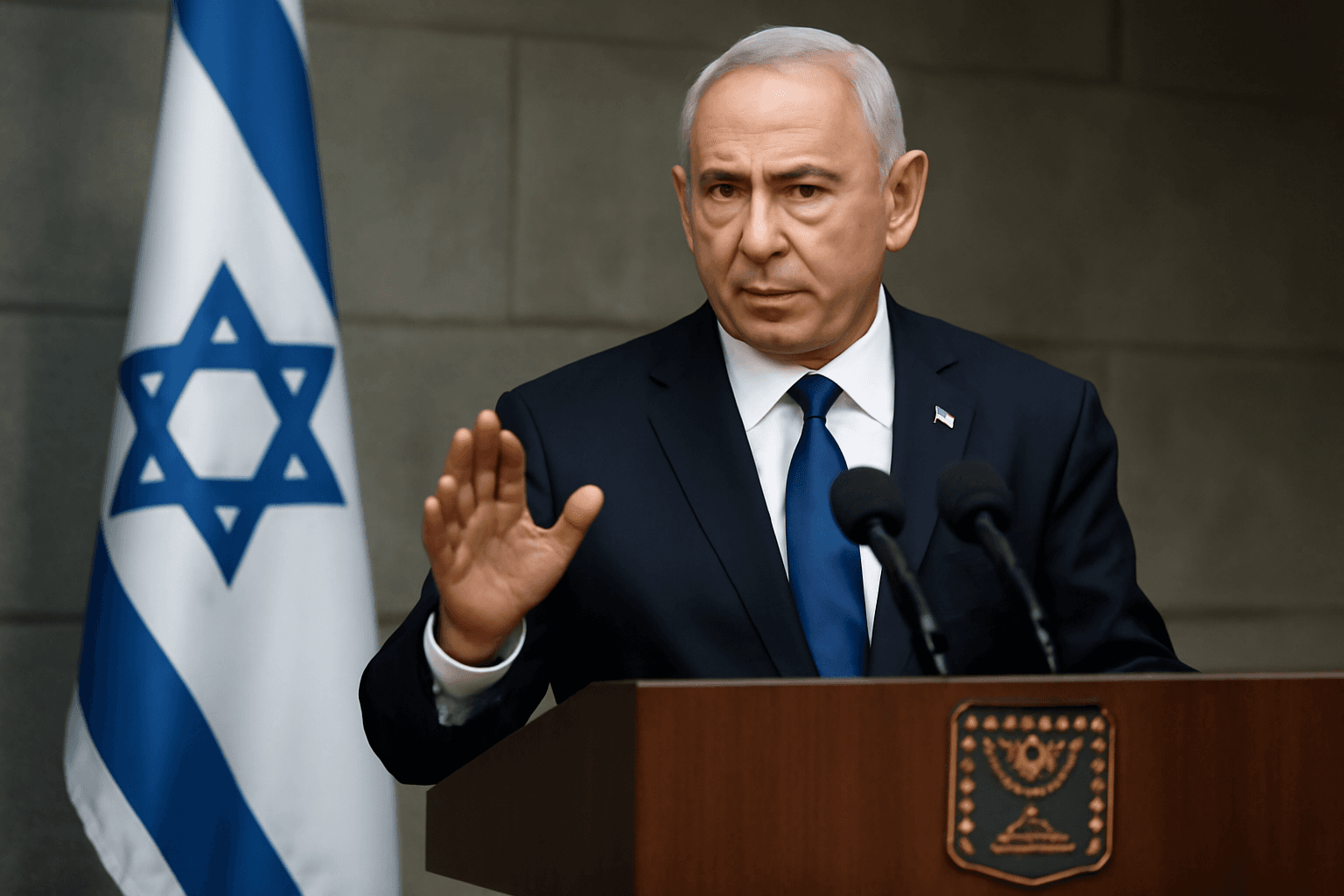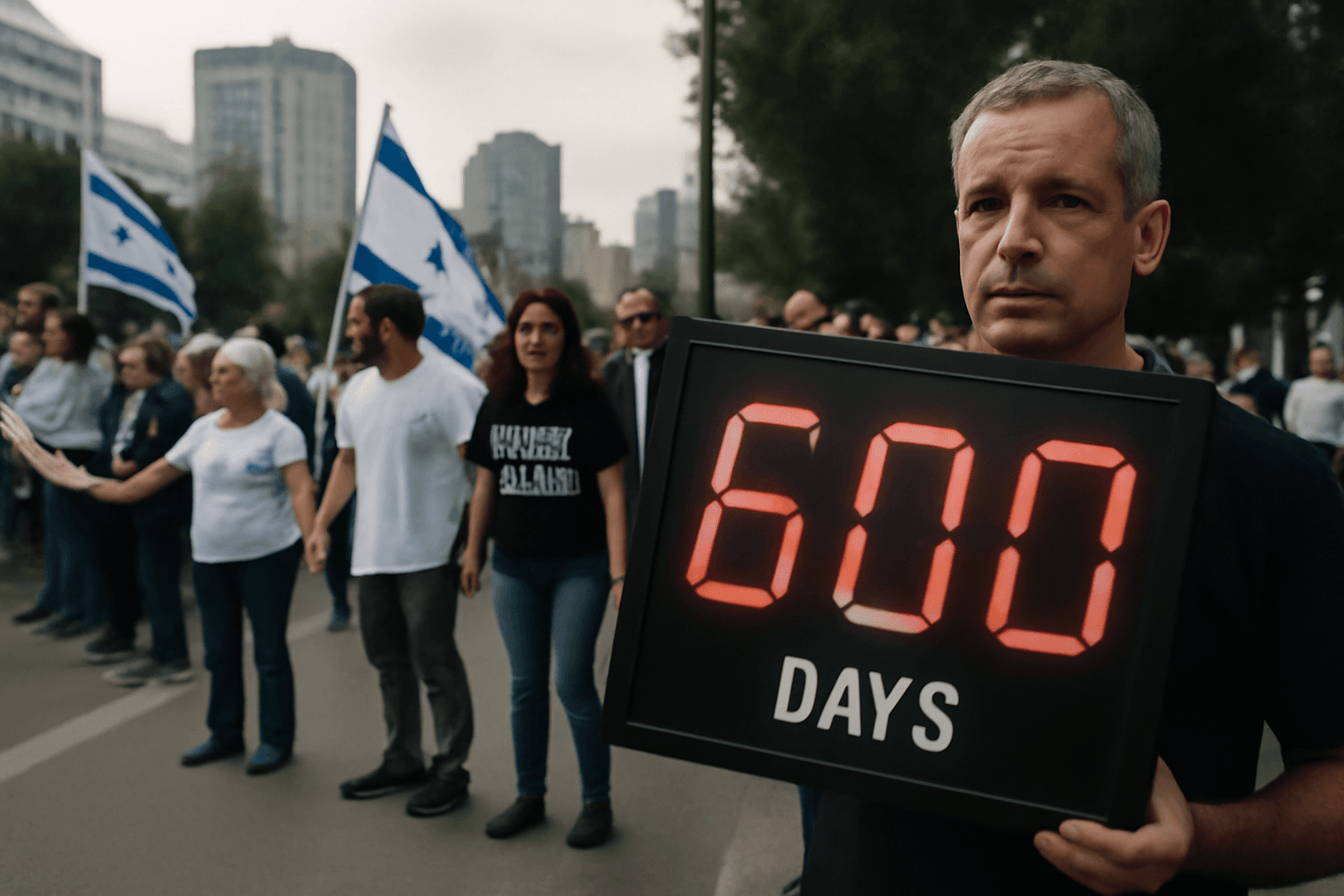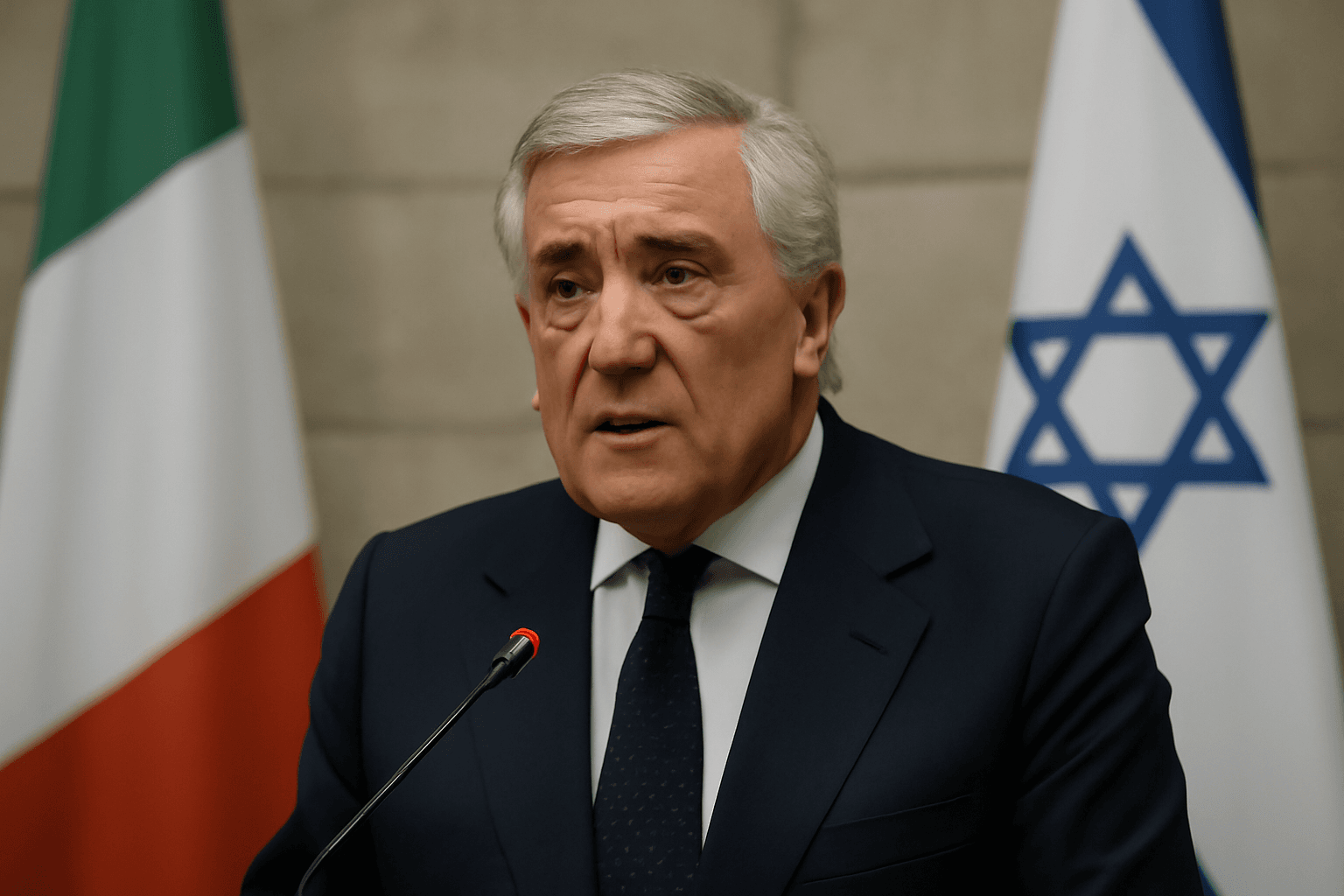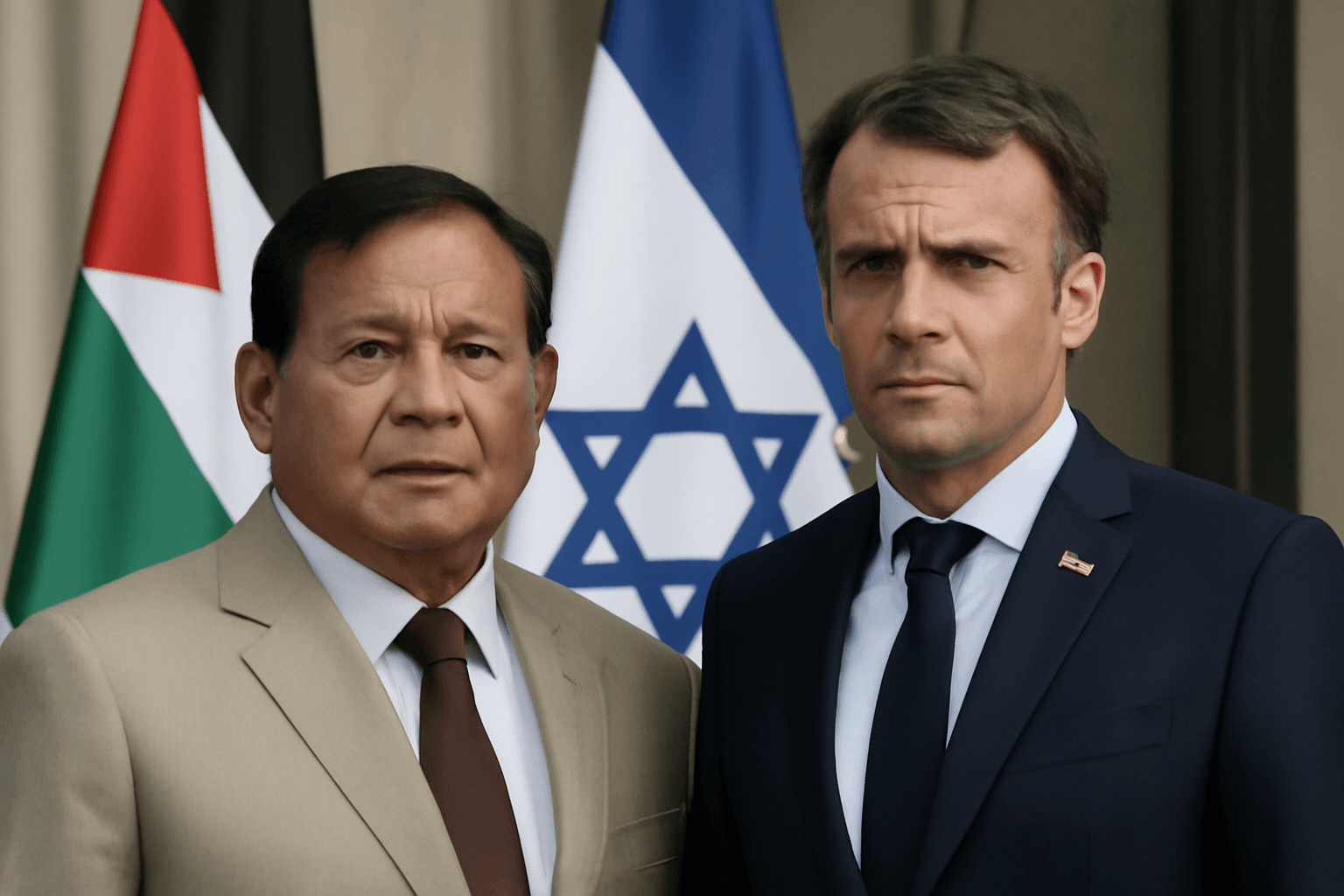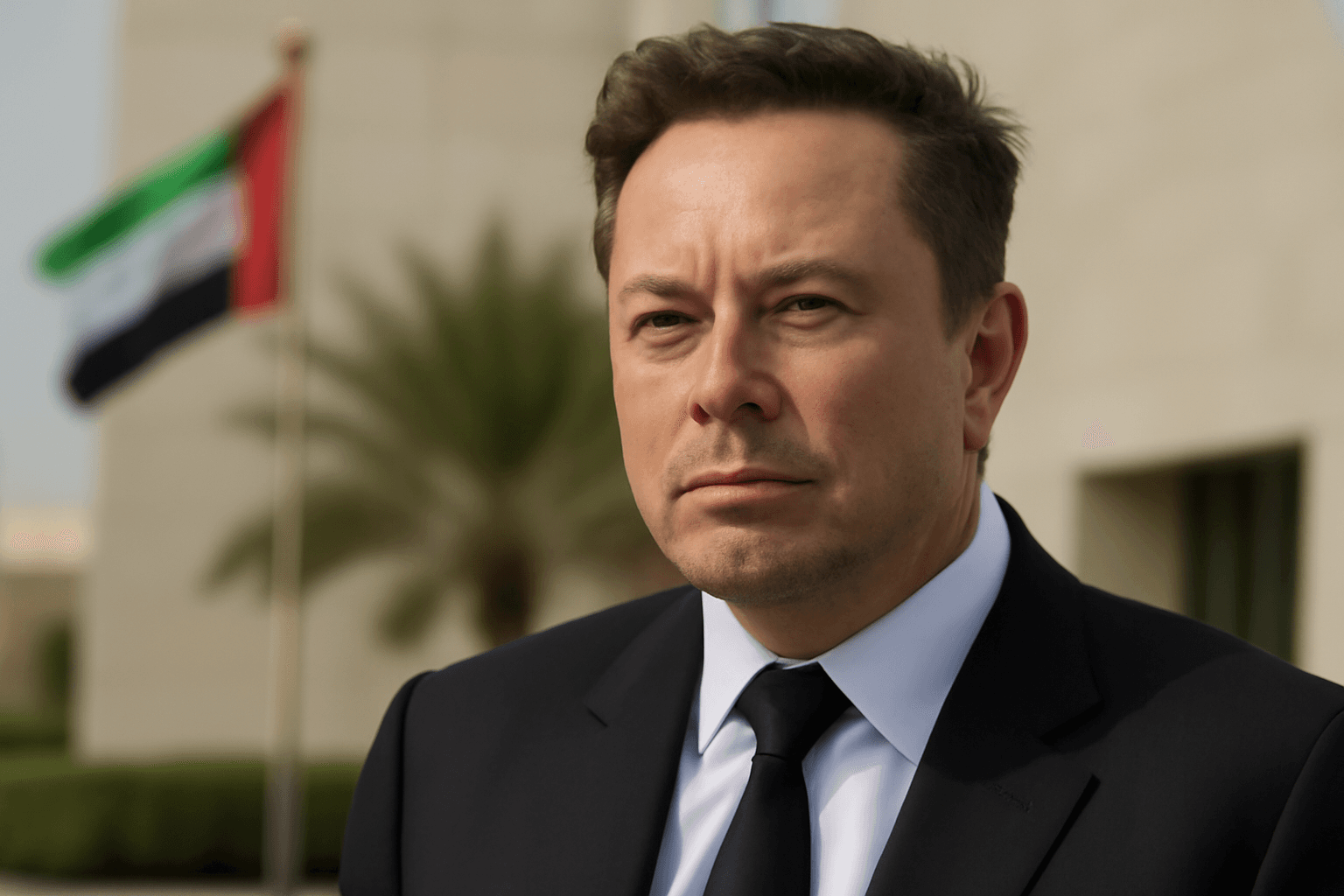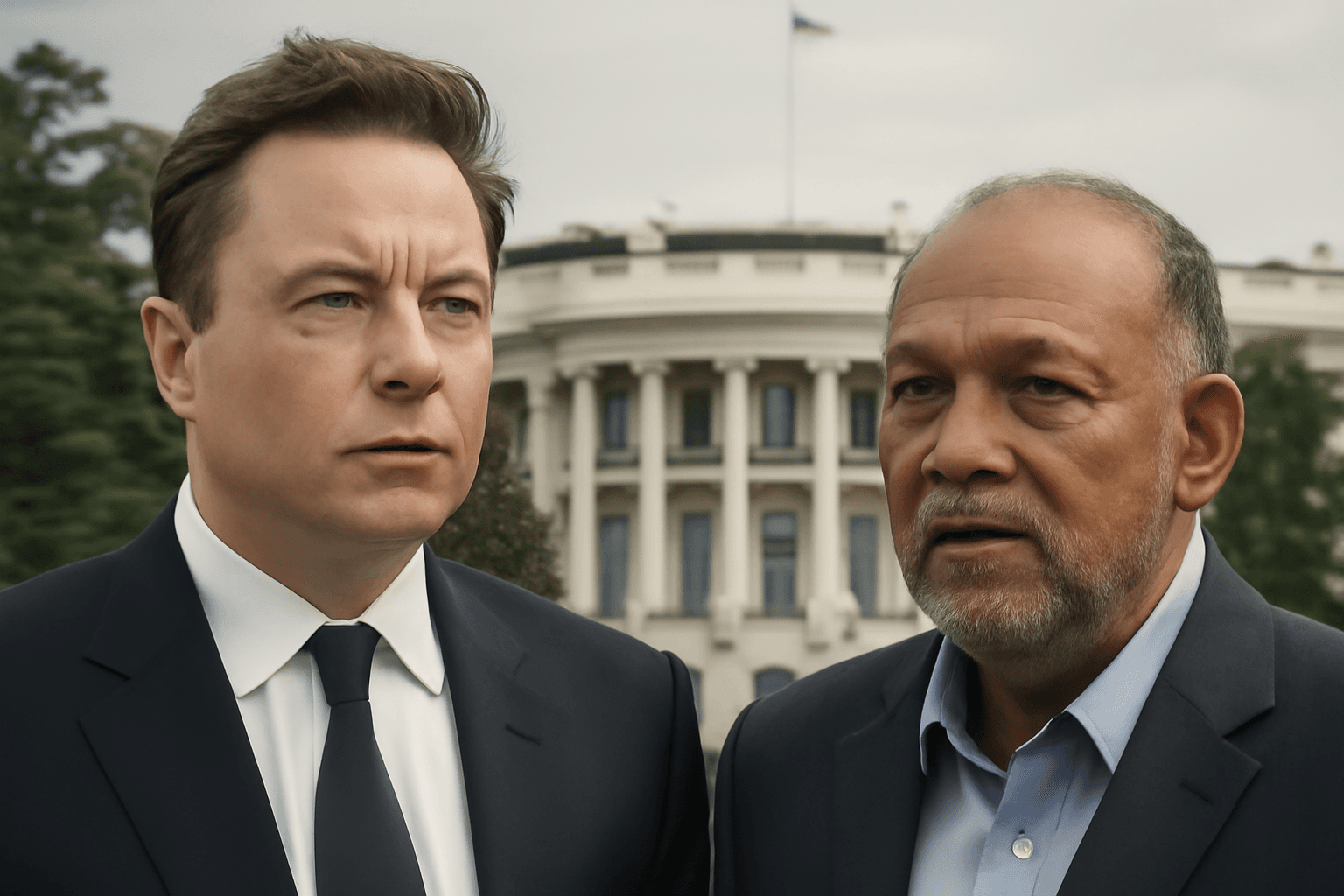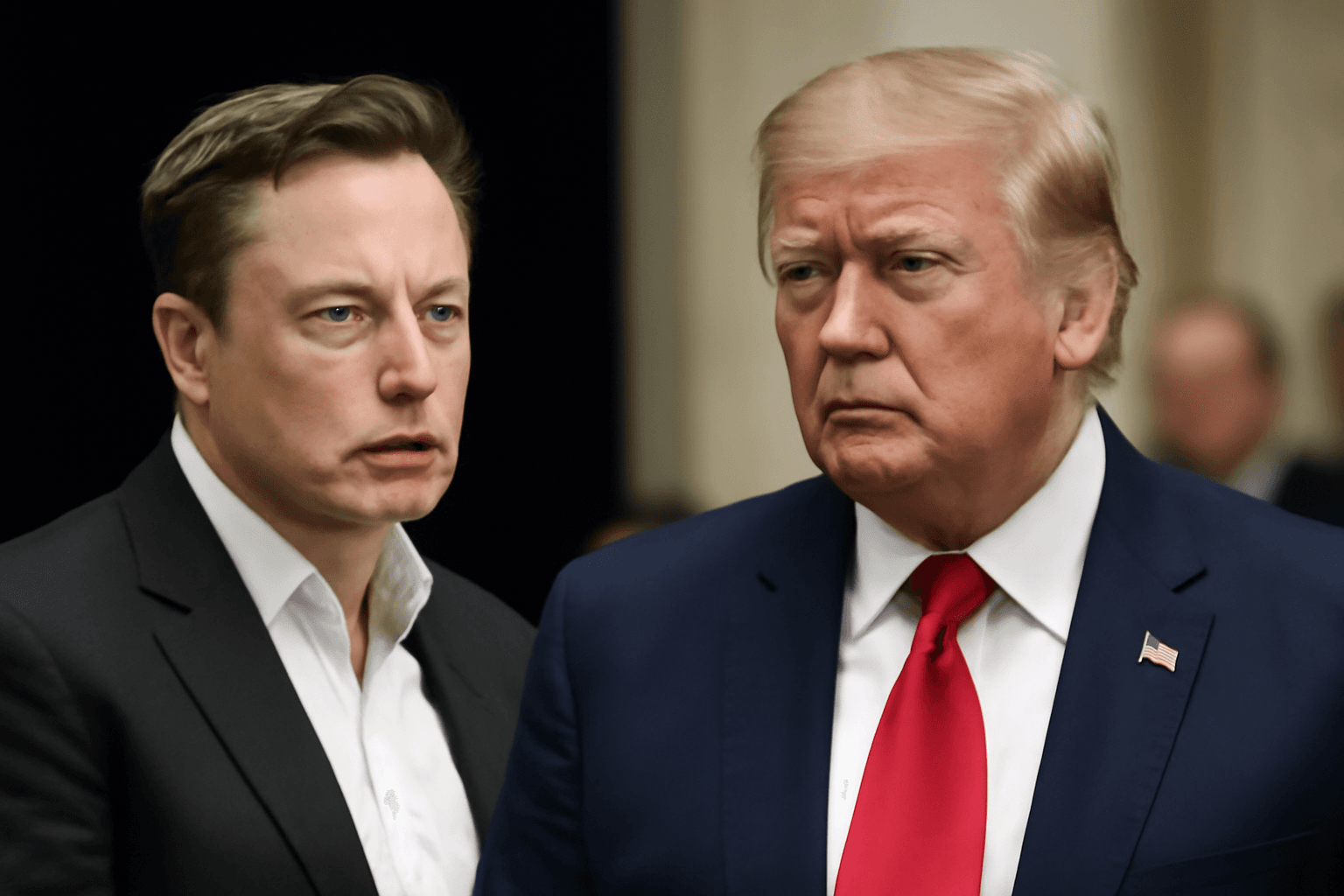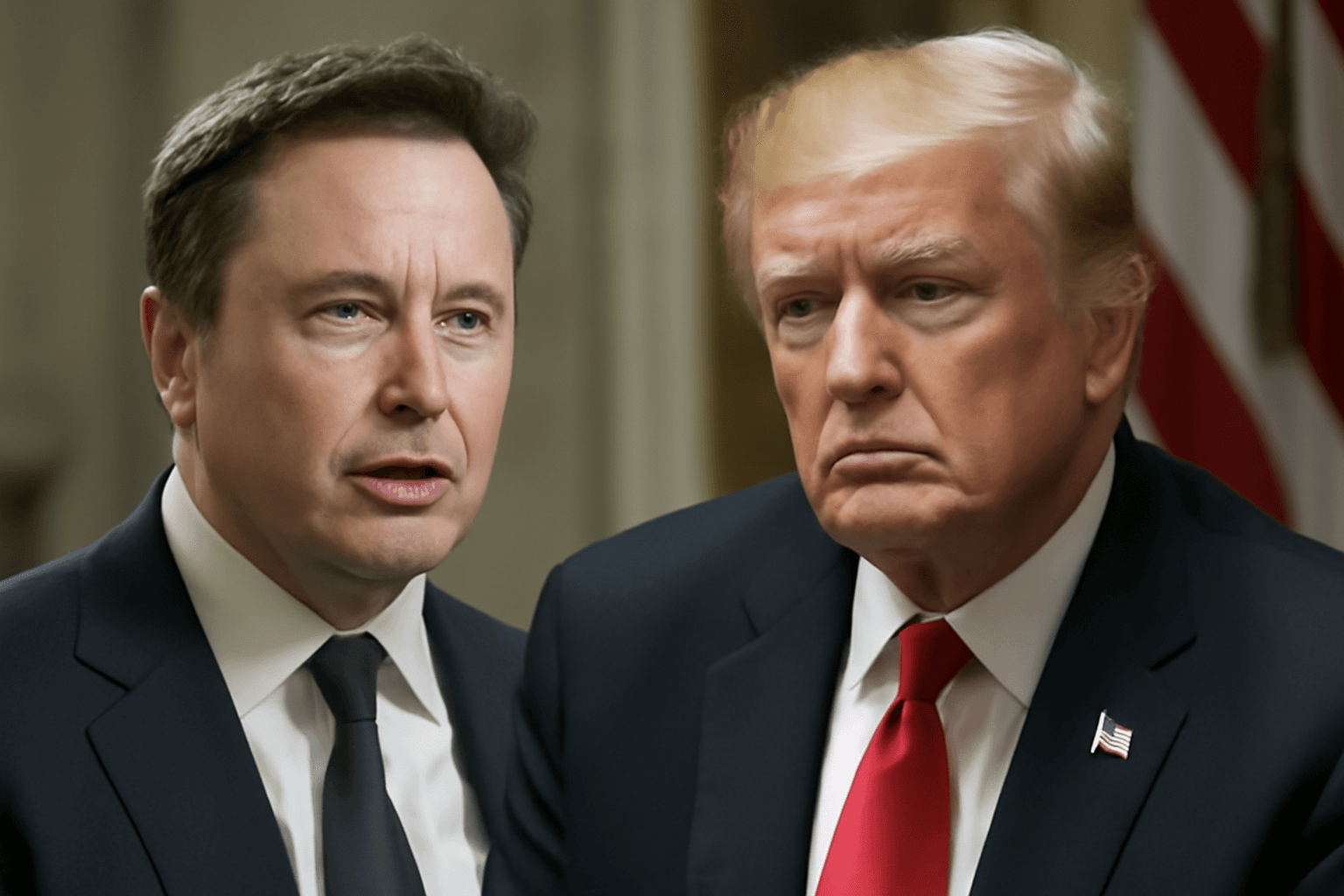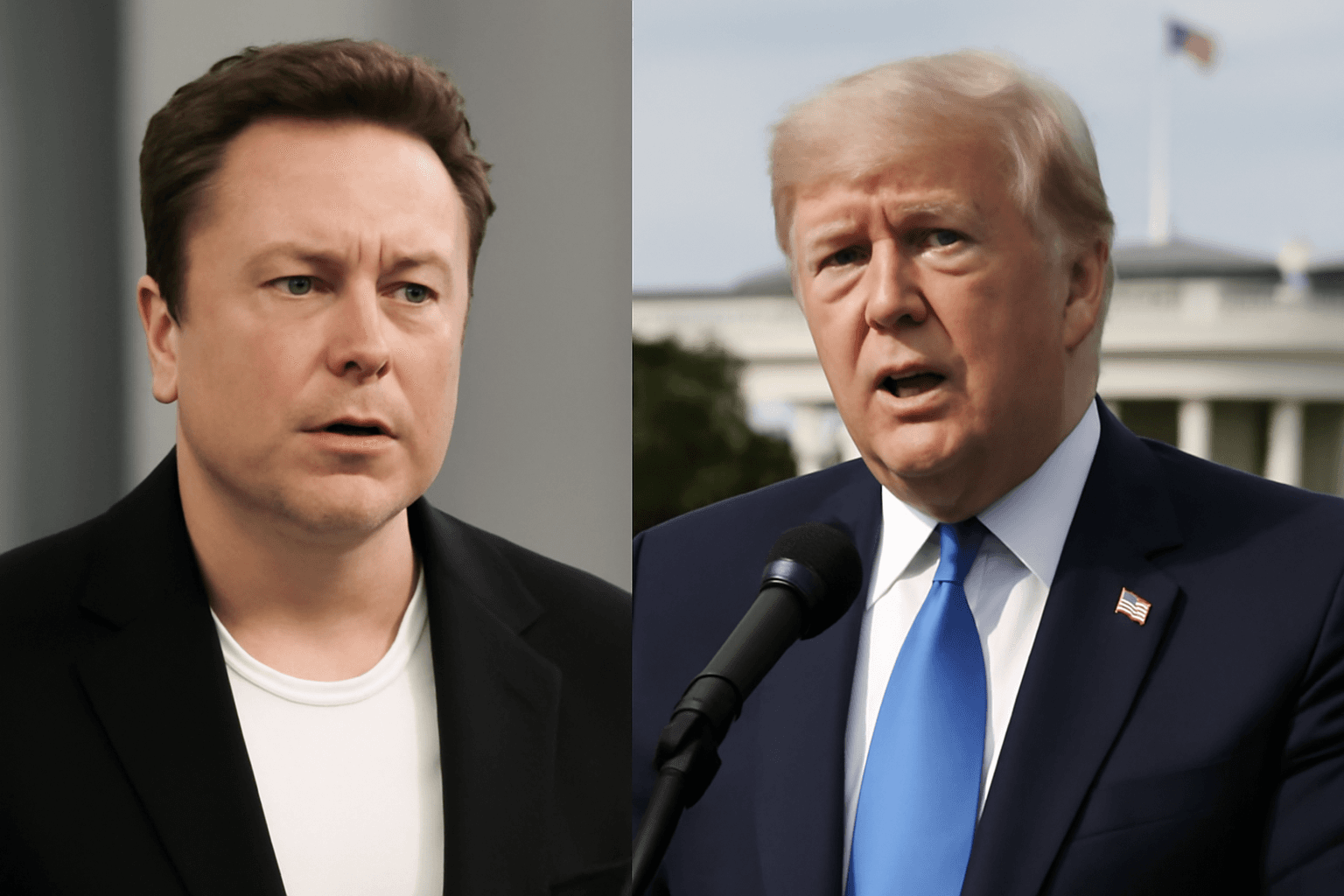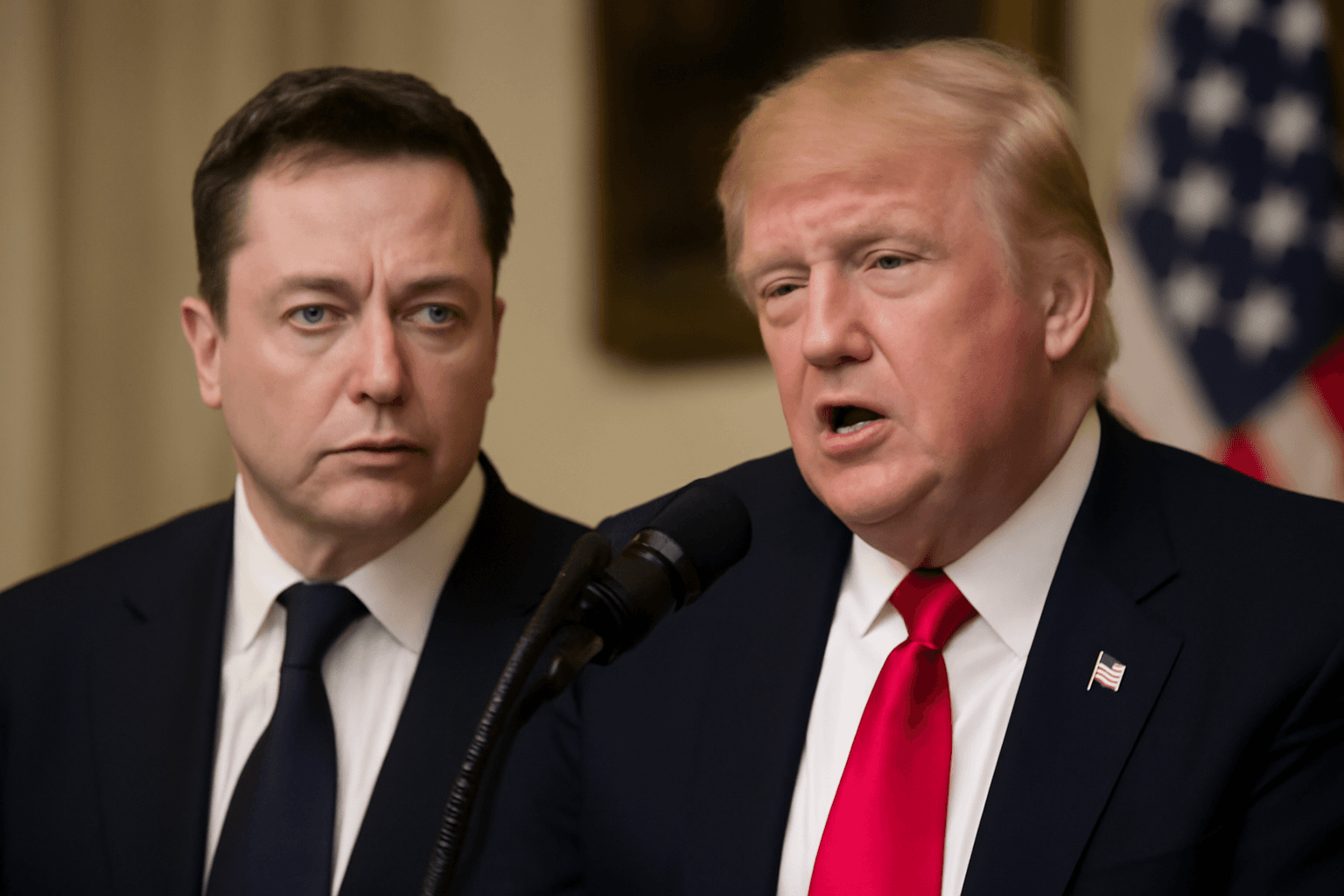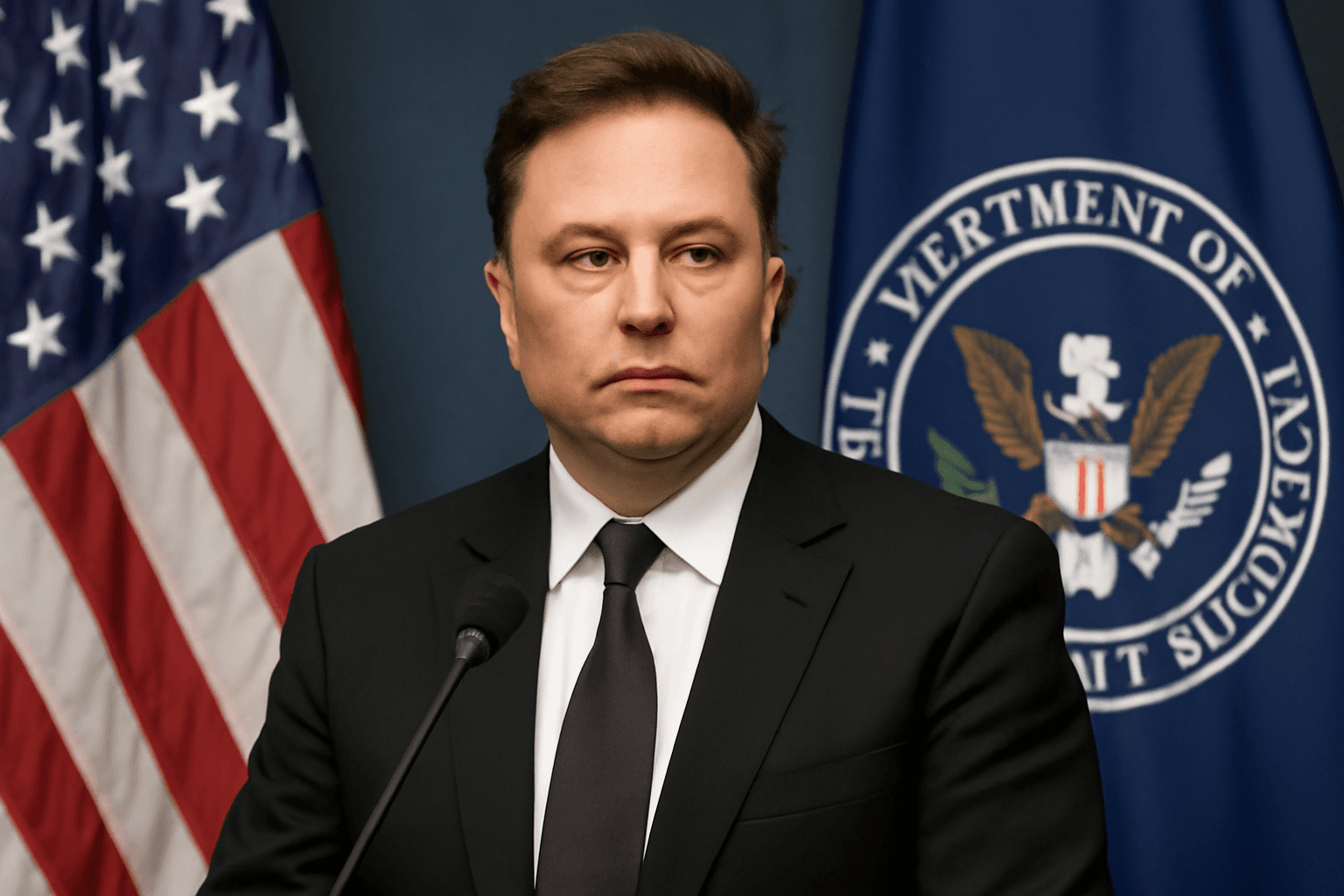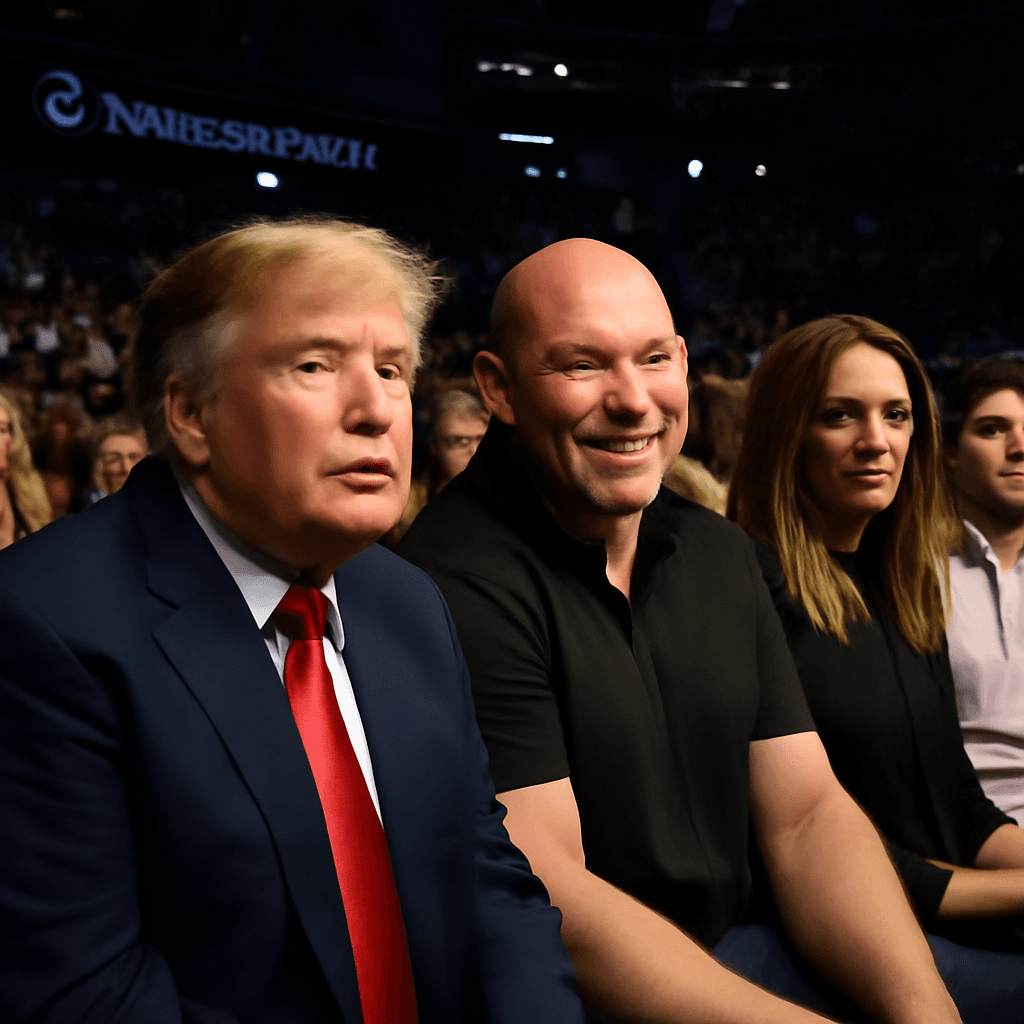Al-Qaida’s Yemen Leader Issues Threats to U.S. Figures Amid Gaza Conflict
The head of al-Qaida’s branch in Yemen has released a chilling video threatening U.S. President Donald Trump and billionaire Elon Musk, linking the threats directly to the ongoing Israel-Hamas war in Gaza. This marks the leader’s first public message since assuming control of the group last year.
Unsettling Video Sparks Alarm
The half-hour recording, disseminated online by sympathizers of al-Qaida in the Arabian Peninsula (AQAP), features Saad bin Atef al-Awlaki calling for lone-wolf attacks targeting leaders across Egypt, Jordan, and Gulf Arab nations in retaliation for the devastation in Gaza.
The video prominently displays images of Trump and Musk alongside U.S. Vice President JD Vance, Secretary of State Marco Rubio, and Secretary of Defense Pete Hegseth. It also showcases logos from Musk's various enterprises, including Tesla, underscoring the personalized nature of the threats.
“There are no red lines after what happened and is happening to our people in Gaza,” al-Awlaki asserts, emphasizing that retaliation is justified.
AQAP: A Persisting Threat Despite Challenges
Though weakened by internal conflicts and targeted drone strikes in recent years, AQAP remains one of the most dangerous offshoots of al-Qaida following the 2011 death of its founder, Osama bin Laden. The U.S. drone strike that eliminated Ayman al-Zawahri in 2022, bin Laden’s successor, marked a significant blow to global terrorist leadership.
Currently, al-Awlaki carries a $6 million bounty placed by the U.S., recognizing his public calls for attacks against America and its allies. He succeeded former leader Khalid al-Batarfi, whose death was confirmed in 2024.
Yemen’s Complex Conflict Landscape
The escalation of the Israel-Hamas war has reverberated across the region, with Yemen's Houthi rebels—backed by Iran—also intensifying attacks, including missile strikes on Israel and targeting international shipping lanes in the Red Sea as well as U.S. naval vessels.
The U.S. Navy has described its confrontations with the Houthis as the most intense since World War II. The Trump administration had actively pursued operations against the Houthis, which paused just before the recent presidential visit to the Middle East.
As Yemen remains entrenched in a prolonged and fragmented conflict, AQAP is attempting to leverage the global focus on Gaza, potentially to raise its profile. U.N. experts estimate the group comprises between 3,000 and 4,000 active and passive members, financing their operations through robberies, smuggling, counterfeiting, and ransom activities.
Rivalries and Regional Implications
Despite previous denials of cooperation, the Sunni extremist AQAP and the Shiite Zaydi Houthis have long been adversaries. Yet, direct confrontations between AQAP and Houthis have declined, while AQAP continues to target the Saudi-led coalition forces battling the Houthis.
Mohammed al-Basha, a Yemen analyst, observes, “As the Houthis gain prominence as symbols of resistance against Israel, al-Awlaki appears determined to challenge their influence by positioning himself as equally invested in Gaza’s plight.”
He adds, “For the international security community, often disengaged from Yemen’s turmoil, this video is a stark reminder that Yemen’s conflict still holds global significance.”
Stay Informed
This development underscores the enduring volatility in the Middle East and the complex interplay of local and international actors amid ongoing geopolitical tensions.


